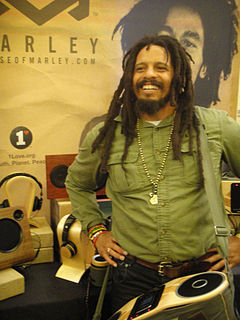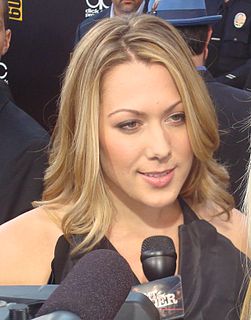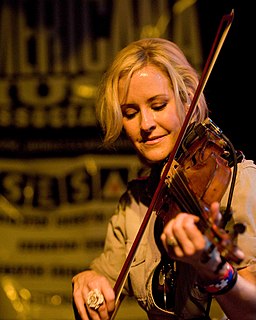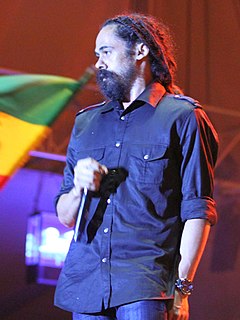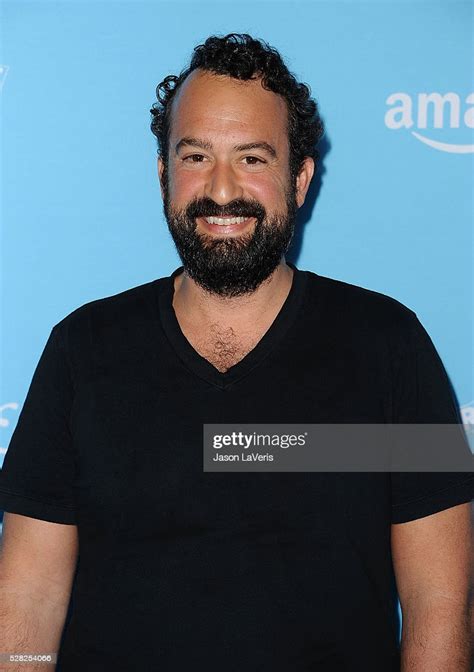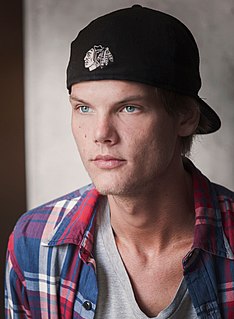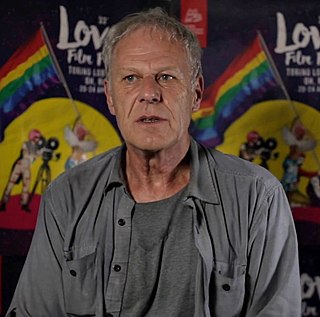A Quote by Rohan Marley
When you pick up a House of Marley product, it's not just about the music; it's also about how it's created.
Related Quotes
They [Bishops] shall also banish from churches all those kinds of music, in which, whether by the organ, or in the singing, there is mixed up any thing lascivious or impure; as also all secular actions; vain and therefore profane conversations, all walking about, noise, and clamour, that so the house of God may be seen to be, and may be called, truly a house of prayer.
I play a little acoustic bass and a little guitar. In our house there are instruments everywhere, and I love picking them up and just noodling around. I pick up my husband's tin whistle sometimes. He's really proficient, but it's about the second most annoying instrument - after the banjo - if you don't know how to play it.
Beyond that, it gets down to the nuts and bolts of discipline - not a tradition or genre, I don't care about that, actually - but discipline in the sense of just working on music and working on thinking about music. It doesn't matter if it's jazz or not. It's about how we listen, how we interact, how we guide our attention when we're listening, and how we can refine what we're doing musically.
I didn't write any music at all, and then, I remember Jon Anderson being very insistent saying that there were two kinds of musicians: the ones who wrote music and the ones who didn't. And clearly the ones who wrote music were more superior human beings in his mind. So he kind of nudged me and sort of prodded me into it. I picked it up slowly. Then I learned more about chords and harmony and I just kept adding to that. One of the great things about having good players in your band is that you just ask them questions. You can pick up some good information that way.
